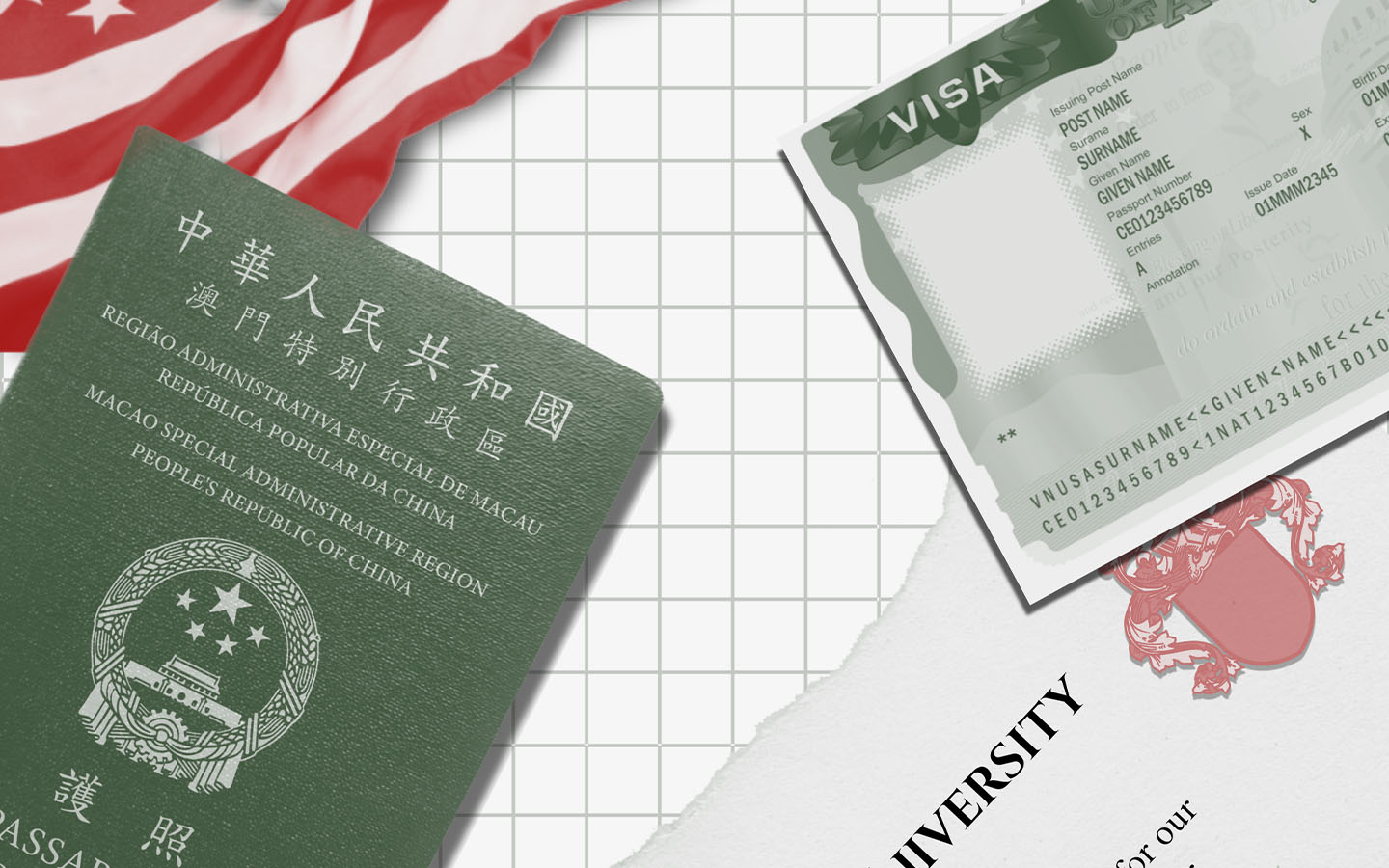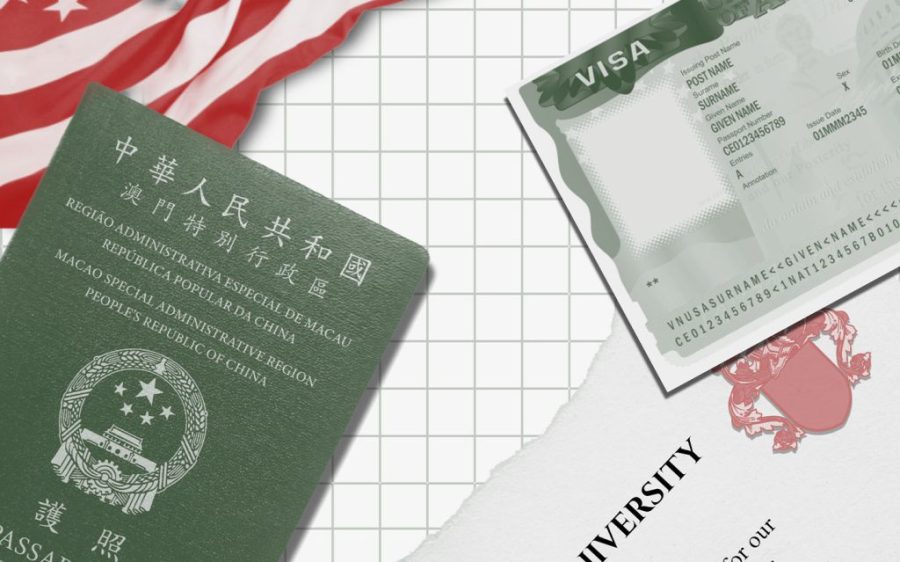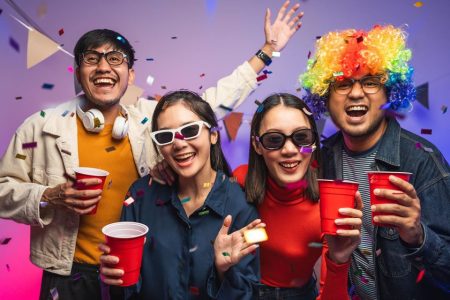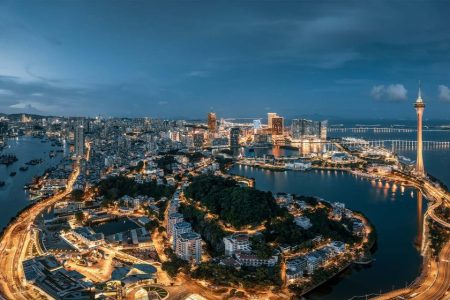Ashley Keong remembers screaming with excitement when she received her admission letter from the University of California, Los Angeles (UCLA).
“I went into my mom’s room, and I was like, ‘Mom, I got accepted [into] UCLA!’” she told Macao News. Reading the letter after facing rejection from another college was a poignant moment, she said.
Two years on, the future seems less clear. Keong, about to enter her third year, says her family is worried as to whether she’ll even be able to finish her remaining time at university.
[See more: The US will begin ‘aggressively’ revoking visas of Chinese students]
Keong’s predicament comes amid the United States’s rapidly shifting policies on international students. For Macao’s prospective and current students studying in the United States, the country’s visa revocations and appointment freezes in the past few months have thrown their plans into uncertainty.
“It’s a very volatile [situation] right now,” said Yang, an incoming freshman at the University of Washington in Seattle, who requested partial anonymity for fear of jeopardising his own visa status.
Sweeping changes for international students
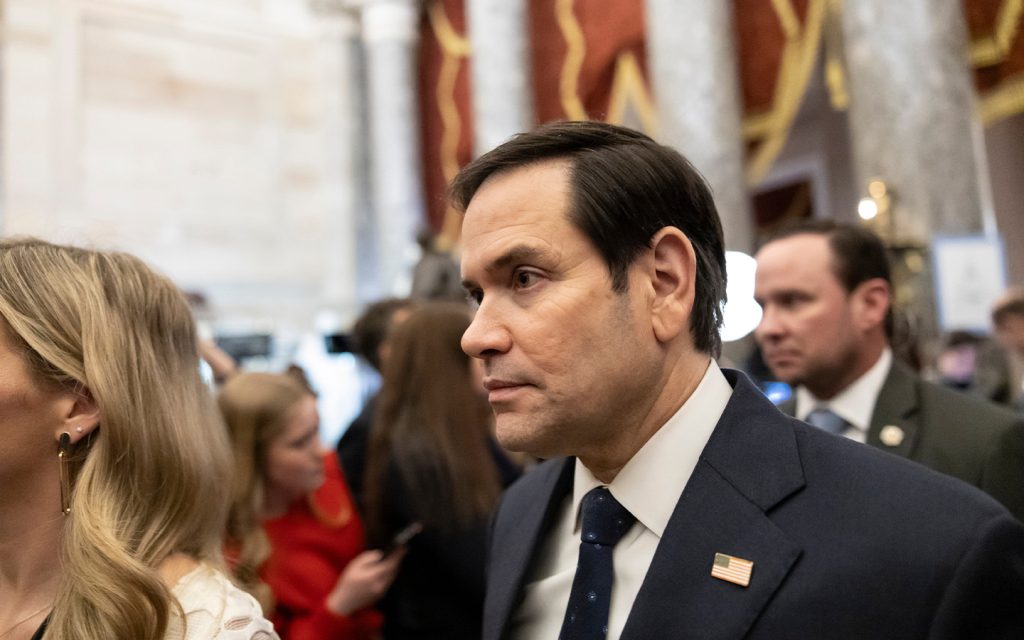
The visa policy changes started earlier this year, when the U.S. government revoked over 1,600 student visas and terminated the legal immigration status of more than 4,700 people in its Student and Exchange Visitor Information System (SEVIS).
On 27 May, the U.S. State Department ordered embassies and consulates to pause interview appointments for student and exchange visitor visas worldwide to implement broader vetting of social media accounts. Two days later, Secretary of State Marco Rubio announced that the country would begin “aggressively” revoking visas for Chinese students. In June, visa issuance was suspended entirely for citizens of 19 countries.
Keong remembers waking up every day to something different in the news. “It [was] really unstable and unpredictable,” she said.
Hong Kong and Macao are significant sources of foreign students in the United States, according to the U.S. Consulate General for the SARs. For the 2023 to 2024 school year, enrollment from the two cities reached a record high, with 6,035 Hong Kong and Macao-based students choosing to study at American universities out of 1,126,690 total international students.
[See more: Lack of sleep and exercise is harming Macao’s students]
Keong was motivated by a desire to escape the Macao bubble. “[Macao] is a really small city, and there’s less diversity,” she said. To her, California’s heterogeneous ethnic landscape promised a greater range of cultural perspectives.
For Kevin Sio, who is about to become a sophomore at Purdue University, the draw was the quality of educational institutions and internship opportunities in the United States. “I always thought that, [by] going to America, I would have better opportunities to meet people and build my career,” Sio told Macao News. “But now, the case is not exactly that.”
Macao students think twice about attending
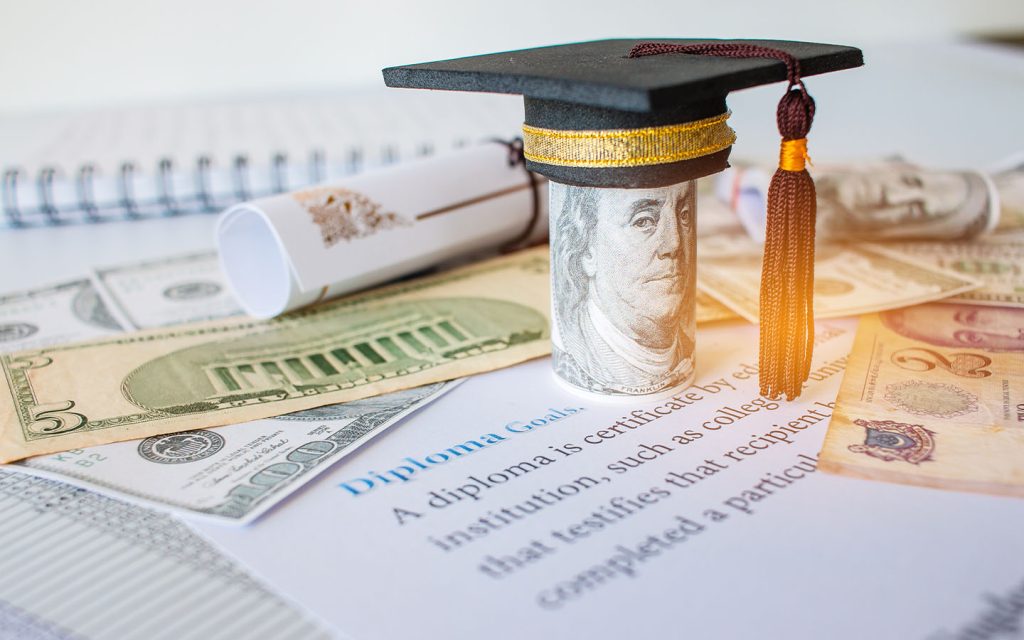
Many students are reconsidering their plans to attend university in the United States, said a college counselor at one of Macao’s high schools. )
“The majority of students these days are applying closer to home. So, Hong Kong – or Australia; that’s as far as they go,” said the counselor, who requested to remain anonymous for fear of negatively affecting the school’s relationship with American universities.
[See more: MUST will expel 24 students with bogus Hong Kong exam credentials]
Eva Wong, the career guidance counsellor for Macau Anglican College, said that her school, being less US-oriented, is mostly unaffected. “Other international schools, which are more US-centric… seem more concerned,” she said.
If students tell her about their plans to study there, Wong said that she would “discuss with students [about] various factors to consider.”
The anonymous guidance counsellor has a similar approach, encouraging students to research different potential countries to apply for universities in. She hopes students “don’t [overly] focus on one area of study or one place to go to.”
US visa appointment woes for Macao and Hong Kong students
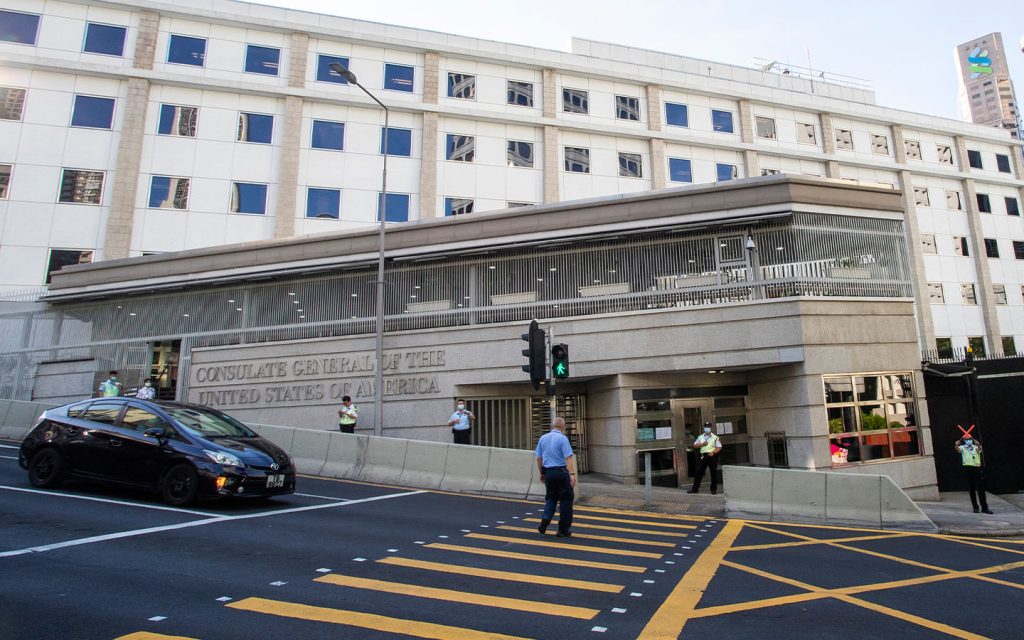
An incoming freshman at the Berklee College of Music, who requested anonymity for fear of visa revocation, briefly considered attending university in the United Kingdom.
“There was a month or two where I was like, ‘I’m going to UCL [University College London]. There’s no way I’m going to the US because of how messy the situation is,’” she told Macao News.
She eventually decided against it since the other offer was not for her desired major. Even so, she was unable to initially book her US visa interview due to an appointment freeze. Even after appointments were resumed, wait times at the Hong Kong consulate skyrocketed, so she failed to get an interview slot scheduled for before the start of the academic year.
[See more: The University of Macau ranks among the world’s top 0.1 percent in key research fields]
Thankfully, the consulate was able to provide an expedited appointment in light of her situation, but other students are reporting delays in processing times for visa documents. Hannah, an incoming freshman at an American university who requested that her full name be withheld for fear of visa rejection, said that her university’s processing times for the the Certificate of Eligibility for Nonimmigrant Student Status (known as the I-20) jumped from 20 days to six weeks after the visa freezes were implemented.
“It’s been seven weeks, and I still haven’t [gotten] it back,” she said. Without the I-20, she hasn’t been able to book her visa interview.
Hannah said that she doesn’t know if she’ll be able to attend university in the autumn. “Originally, I was so sure that I wanted to go to [the city her university is in],” she said. “But after the visa problem came out… I decided to also accept my other offers from other universities.” As a contingency plan, she has already paid deposits to secure her places at the backup schools.
Anxiety and uncertainty for Macao students
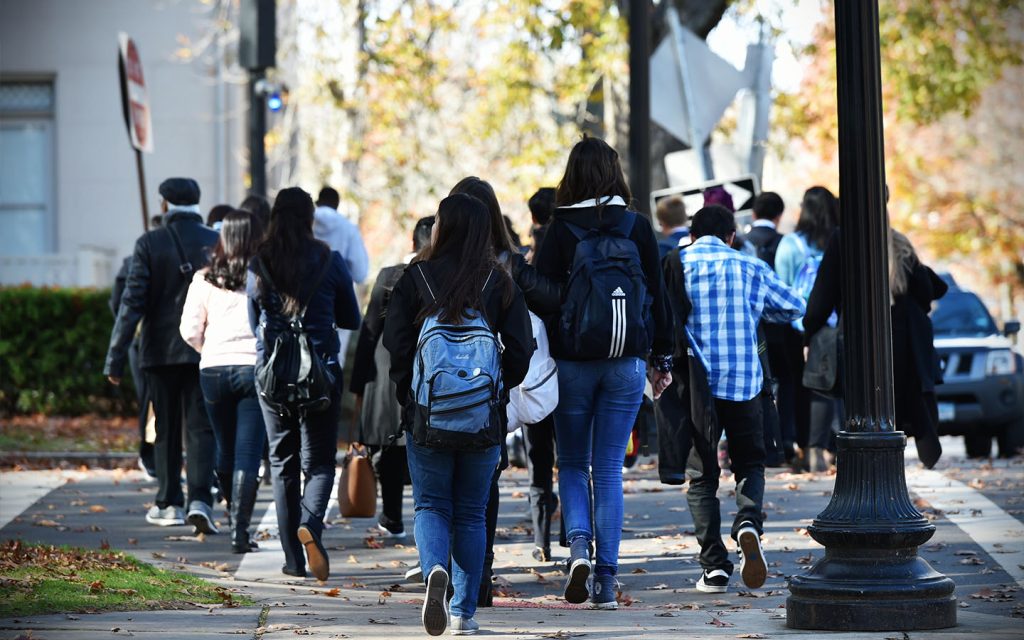
Witnessing policy changes get implemented in real time was a stressful experience for students already in college.
“To be honest, I was scared,” said Keong. One of her friends, a PhD international student also at UCLA, was interrogated by government officials, she said. The situation has made her rethink her plans to travel over winter break and spring break next year.
Long-term, the uncertainty is also impacting Keong’s plans for work. Some companies that had been sponsoring foreign employees’ work visas are no longer doing so, she said, so there’s a chance she won’t be able to stay in the United States after graduation even if she were to be successfully recruited by a local company. “That [would be] really frustrating,” she said.
Sio is also afraid. “I’ve been seeing a lot of news about people having their houses broken into, detained [and] strip-searched; and there were friends in our school that were deported as well,” he said.
[See more: A guide to international schools in Macao]
“Even friends [I] haven’t talked to in a while, who know that I go to America, [were] like, ‘How are you doing? Still safe over there?’”
However, Sio believes his Macao passport will help him keep a low profile. “People don’t really know where Macao is,” he explained, believing that the city is unlikely to face targeted visa revocations.
Sio has nonetheless begun drawing up fallback plans. If his visa were to be revoked, he would reach out to the Hong Kong University of Science and Technology (HKUST) as well as schools in Canada and the United Kingdom to raise the possibility of transferring. “If that doesn’t work out, then I genuinely don’t know,” he said.
Meanwhile, Keong just hopes to complete her degree quickly in case things take a turn for the worse. “I’m trying to finish my classes as soon as possible,” she said, “maybe next year – in my junior year.”
